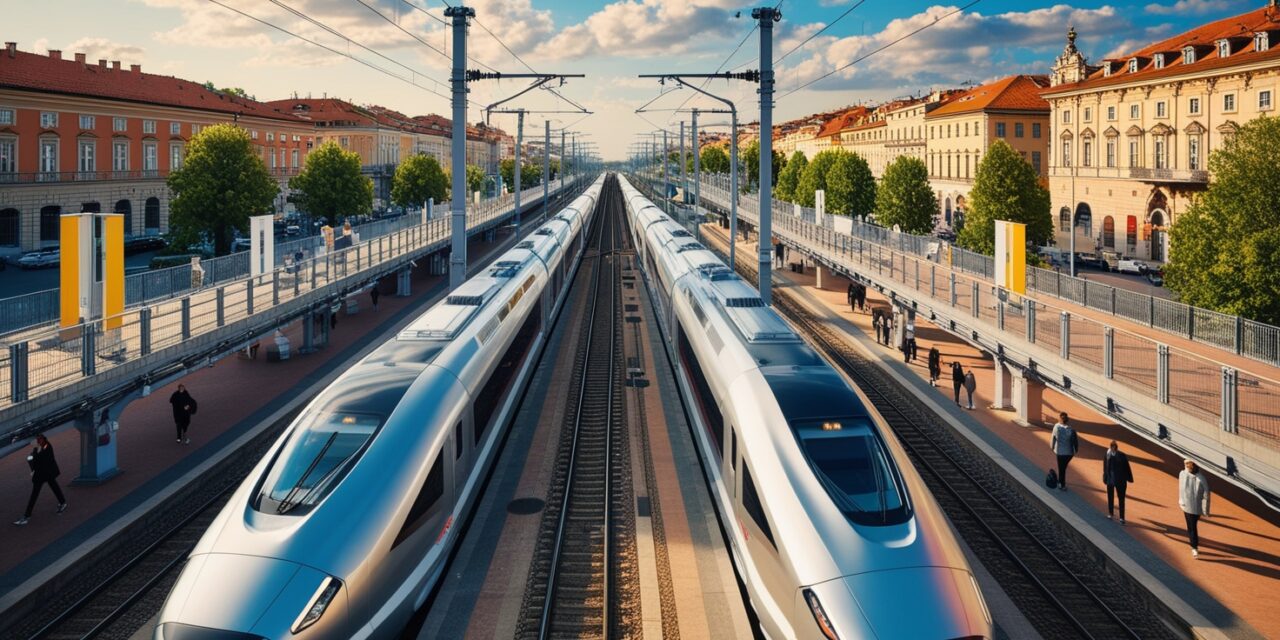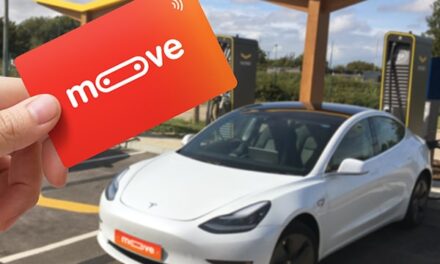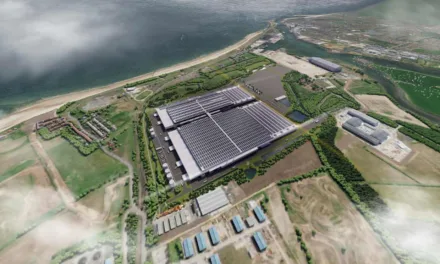A performing rail system is one of the cornerstones of the zero emission mobility system. Rail climate potential can be maximised if train operators improve their services and the EU and Member States support them with incentives and regulations.
T&E has launched a ranking analysing 27 European rail operators’ key services. In this page you can go through its main findings. Overall rail operators do not deliver satisfactory services. But differences between them show that strong improvements are possible. The sector has not managed to sort things out on its own, which is why policy change is urgently needed.
Shared responsibility: The role of national context and infrastructure
We found that rail services in Europe are not satisfactory. Nevertheless, we recognize that rail operators may not always have full control over their performance across each criteria.
For instance, reliability and ticket prices are shared responsibility among operators, the rail infrastructure managers on whose networks they use, and national regulatory authorities. Ticket prices are directly affected by each Member State’s VAT rate and the track access charges (rail tolls) set by infrastructure managers, while reliability depends on both operator performance and the quality of rail tracks.
Advertisement
However, certain criteria fall solely within the operators control, such as special fares or discounts for specific groups, ticket availability on booking platforms, and the ease of bringing bikes on board.

The 27 rail operators are ranked based on eight criteria. We selected and weighed these criteria according to their importance to consumers and the number of sub-criteria included. The weighting reflects insights from McKinsey, Europe on Rail, ING surveys, and our own analysis:
-
Ticket prices (25%): Multiple opinion polls show this is the primary factor in consumer decisions. McKinsey found that 49% of the respondents in Europe cited price as the primary factor in choosing a transport mode. In addition, Europe on Rail also found that 73 percent of respondents think that rail travel on the same route should generally be cheaper than air travel.
-
Special fares and reductions (15%): As noted, affordability is key. Special fares make rail accessible to those unable to afford regular tickets, while also helping operators maximise utilisation.
-
Reliability (15%): Reliability is an important consumer priority. McKinsey found that reliability ranks as the second most important factor for selecting a transport mode.
-
Traveller experience (10%): Journey speed and comfort are among the top factors for McKinsey survey respondents.
-
Night train development and cycling policies (5% each): These criteria assess specific service aspects relevant to a smaller share of passengers.
















